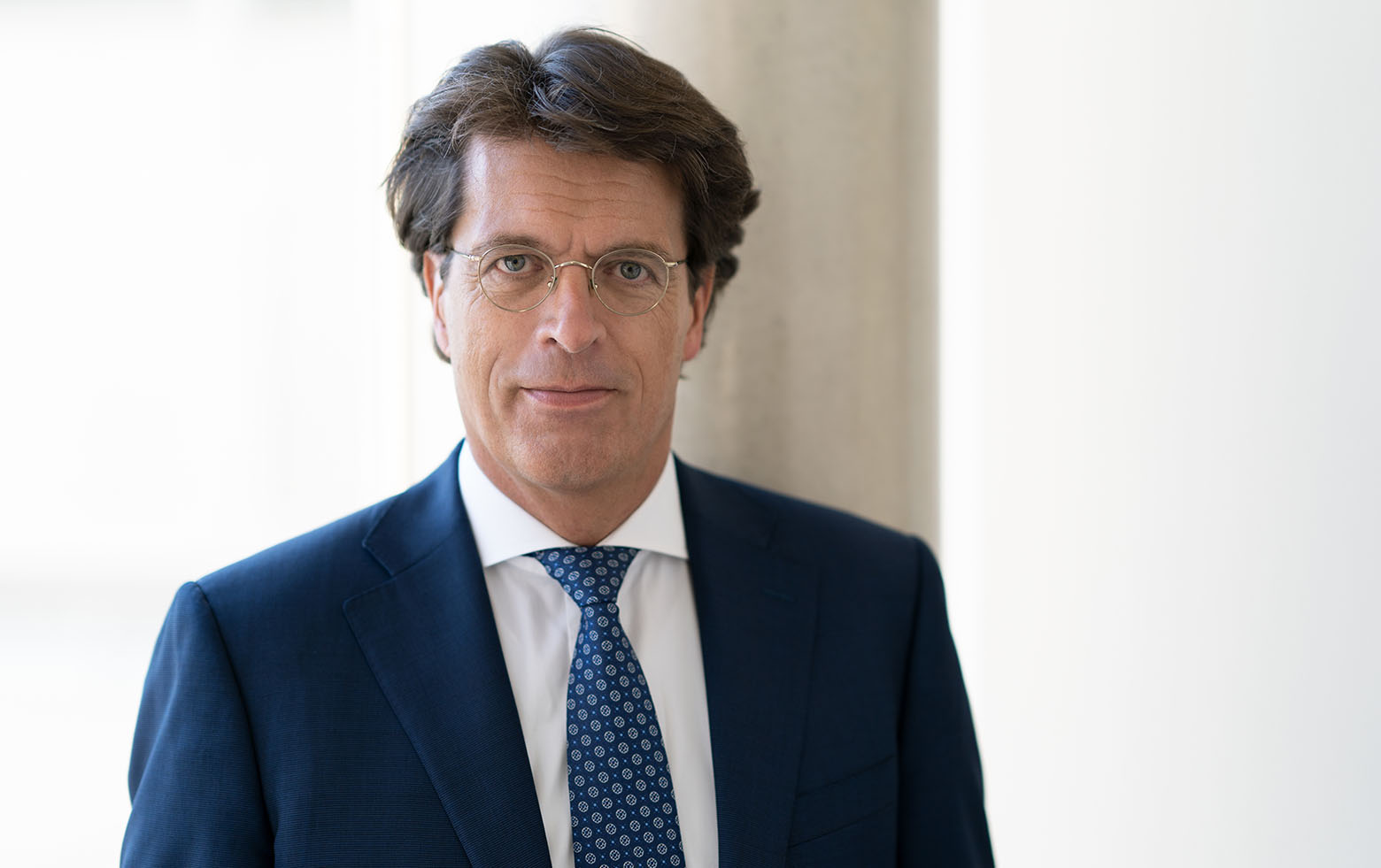Introduction by the Chief Executive Officer

Ladies and gentlemen,
The corporate culture of the Schaeffler Group, which celebrated its 75th anniversary in 2021, has always been characterized by long-term thinking and responsible action. Sustainability therefore plays a crucial role in our corporate strategy and our Roadmap 2025, which we have made good progress in implementing in 2021. After intensive preparations, we announced our long-term sustainability targets in November 2021. These will help to achieve our aim of becoming a climate-neutral company by 2040, both in terms of reducing the emissions generated in our supply chain and the electricity we purchase from renewable sources. For example, the Schaeffler Group has been sourcing 100 percent of its electricity from renewable sources for its production sites in Europe since 2021. As part of our energy efficiency program, we have implemented more than 200 measures since 2020 leading to cumulative annual savings of around 47 gigawatt hours starting in 2022. This amount of energy is roughly equivalent to the annual electricity consumption of 15,000 two-person households in Germany.
A first important step toward achieving our targets is our collaboration with the Swedish start-up H2greensteel, from which the Schaeffler Group will source almost entirely carbon-free steel produced with hydrogen starting in 2025. This alone will reduce annual CO2 emissions by 200,000 tons. Of course, our products also create sustainable value by offering our customers innovative solutions, for example in electromobility, renewable energy production, or the generation and use of hydrogen.
In addition to climate protection, social responsibility is also on top of the agenda for Schaeffler, which is why continuously improving occupational health and safety is a high priority. By 2024, we aim to reduce the accident rate at our sites by an average of ten percent per year. For 2021, we have achieved this target. In addition, the Schaeffler Foundation was established on the occasion of the Schaeffler Group’s 75th anniversary in an effort to underline the company’s and family shareholders’ social responsibility and to coordinate the associated activities. Of course, we are also continuously working to improve our governance and compliance management systems. In this respect, for us sustainability means more than just climate. It is completely in the spirit of ESG!
The progress made in the course of 2021 is due to the great dedication and commitment of all Schaeffler employees, for which I would like to take this opportunity to express my sincere thanks. The success of this commitment is also shown by the scores in various sustainability ratings. During the reporting year, for example, the Schaeffler Group again achieved a score of “A-” in the CDP climate rating.
As in previous years, we at the Schaeffler Group are committed to the ten principles of the United Nations Global Compact, the 1.5-degree target of the Paris Agreement, and the EU Sustainable Finance Action Plan, which stipulates that companies invest capital in sustainable activities to achieve existing climate and sustainability targets. At the same time, we know that time is limited and that we can only achieve our targets together with you – our customers and suppliers, our managers, employees, and everyone that we are working with – in order to be sustainable and successful in the future.
Therefore, on behalf of the entire Executive Board, I wish you an exciting and informative read and thank you for your interest in our sustainability activities and progress.

Klaus Rosenfeld
Chief Executive Officer